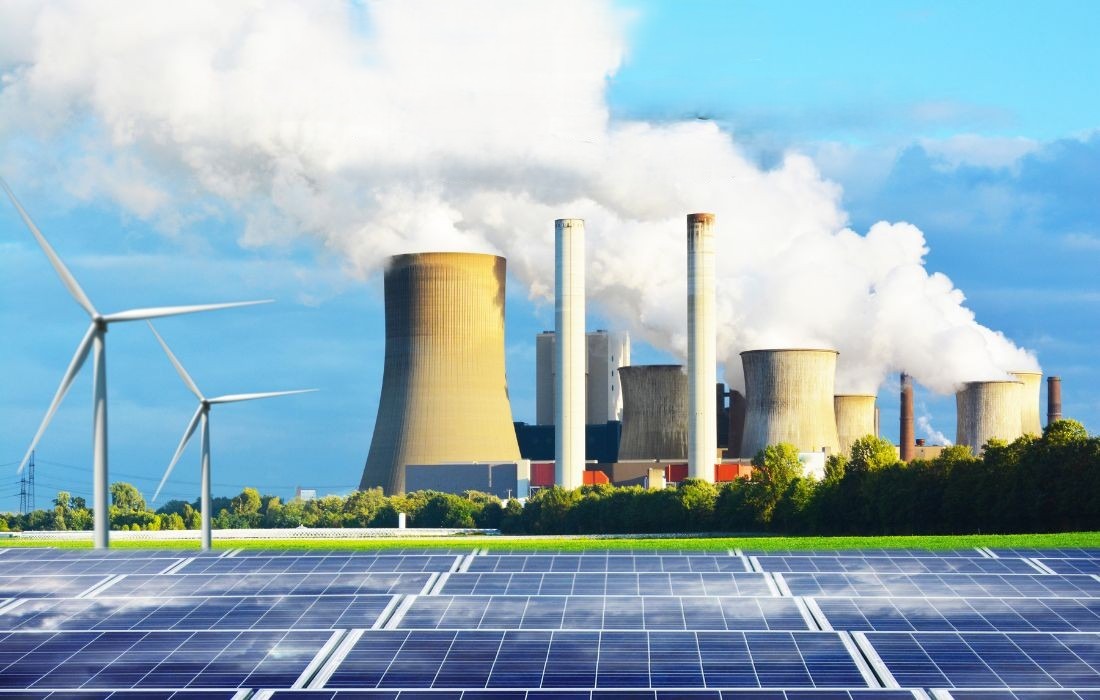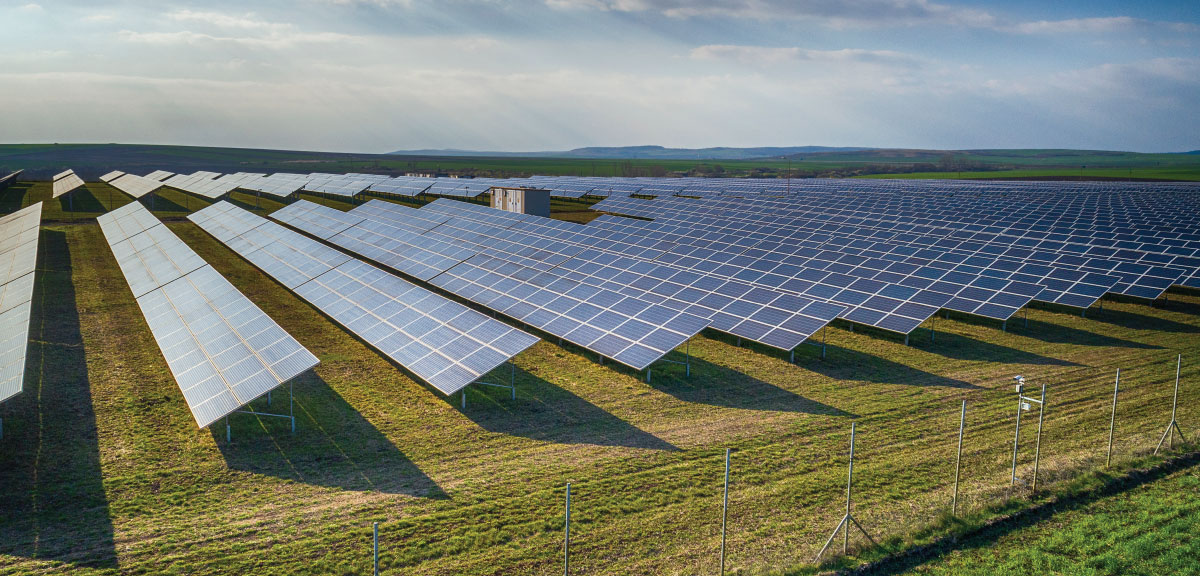Energy powers our modern world, but the sources we rely on have vastly different impacts on the environment, economy, and society. Fossil fuels, such as coal, oil, and natural gas, have been dominant for over a century. Solar energy, a renewable and clean alternative, is rapidly gaining momentum.
What Is Solar Energy?
Solar energy is power generated from sunlight using technologies like:
• Photovoltaic (PV) panels that convert sunlight into electricity
• Solar thermal systems that generate heat
• Concentrated solar power (CSP) systems for high-efficiency energy generation
What Are Fossil Fuels?
Fossil fuels are energy sources formed from ancient organic matter over millions of years. Common types include:
• Coal
• Oil
• Natural gas
Key point: Burning fossil fuels releases energy but also emits carbon dioxide and other pollutants, contributing to climate change and environmental degradation.
Comparing Solar Energy and Fossil Fuels:
| Factor | Solar Energy | Fossil Fuels |
| Environmental Impact | Zero emissions during operation; minimal land & water impact | High emissions; air & water pollution; habitat disruption |
| Renewability | Unlimited as long as the sun shines | Non-renewable; finite reserves |
| Operational Cost | Very low after installation | High ongoing fuel costs |
| Initial Investment | Moderate to high | Lower upfront, but variable fuel costs |
| Energy Reliability | Intermittent (depends on sunlight; can be mitigated with storage) | Constant and controllable |
| Job Creation | Manufacturing, installation, and maintenance | Mining, refining, transportation |
Advantages of Solar Energy:
• Sustainable & Clean: Reduces greenhouse gas emissions.
• Cost Savings: Low electricity bills are achieved after the initial setup.
• Energy Independence: Reduces dependence on imported fuels.
• Technological Innovation: Storage, smart grids, and hybrid systems improve reliability.
Advantages of Fossil Fuels:
• High Energy Density: Produces large amounts of energy per unit.
• Reliability: Continuous power generation, 24/7.
• Existing Infrastructure: Power plants, refineries, and distribution networks are already established.
Why Solar Energy Is the Future:
While fossil fuels currently dominate energy production, climate change, pollution, and resource depletion are driving a shift toward renewables. Solar energy:
• Reduces carbon footprint
• Offers long-term cost savings
• Can be installed locally, reducing transmission losses
• Supports innovation in storage and hybrid systems
Conclusion:
Solar energy clearly outperforms fossil fuels in sustainability, environmental impact, and long-term economic benefits. Fossil fuels remain reliable for constant energy, but the global shift toward clean, renewable energy is inevitable. Investing in solar today ensures a cleaner, more sustainable energy future for generations to come.




